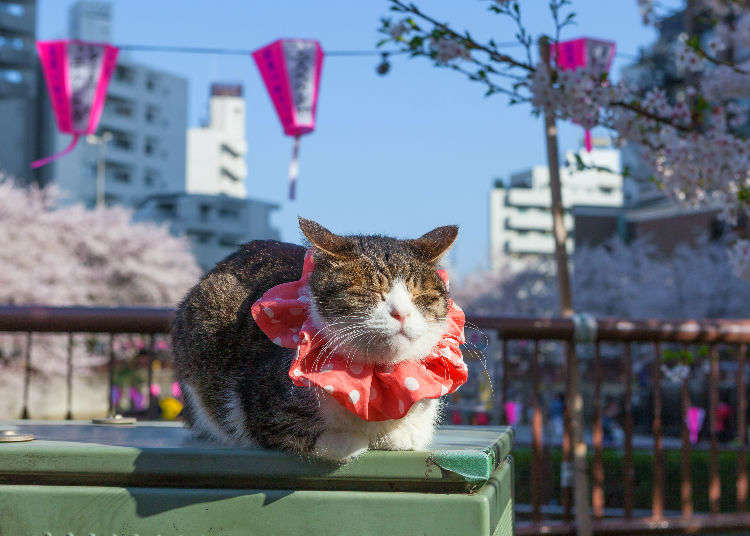
People all over the world love to come up with expressions and phrases that use animals and their behavior as a handy metaphor for something else. Let’s just take English as one example. The phrase “cat got your tongue” isn’t a literal commentary on an animal swiping a vital muscle from your body. Rather, it is an idiom used when someone has nothing to say in response to something. Languages all over the world have similar ideas.
Same goes for Japanese. Many expressions make use of animals, animal-related things or animal actions. Some of them are lighthearted and fun, while others can be surprisingly negative. Besides offering some insight into one critters were roaming around in ancient Japan — cats were every bit as prevalent as they are today, it seems — these phrases offer a nice chance to learn some unique phrases you can use in Japan.
“Neko Jita (猫舌)” - Cat Tongue

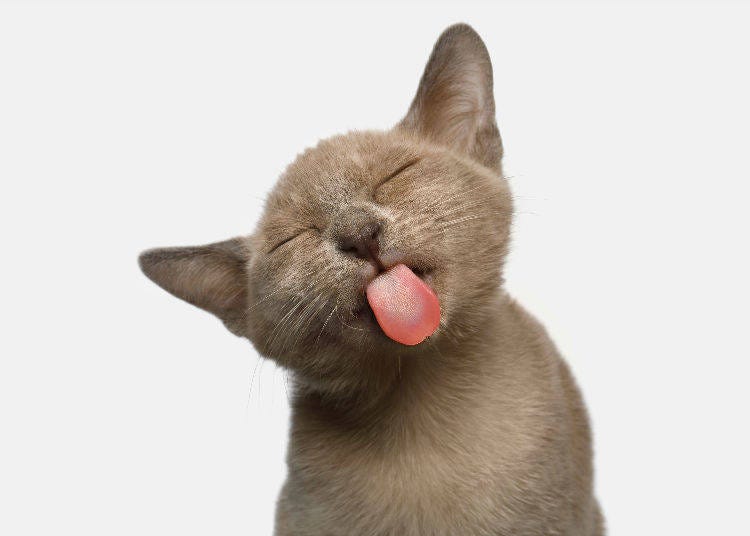
Meaning: Someone who can’t handle hot food or drinks.
Origin: This comes from the fact cats can’t handle eating hot stuff. Their tongues just aren’t good with it.
When someone has trouble eating really spicy tantanmen or can’t down a particularly strong Thai meal, you could say they have a “neko jita.” It’s a bit of a playful putdown, referring to the fact someone’s tongue can’t handle hot food. That’s what happens with cats, so next time you have trouble chowing down on something spicy, expect to hear this one rolled out.
“Neko Ze (猫背)” - Cat’s Back

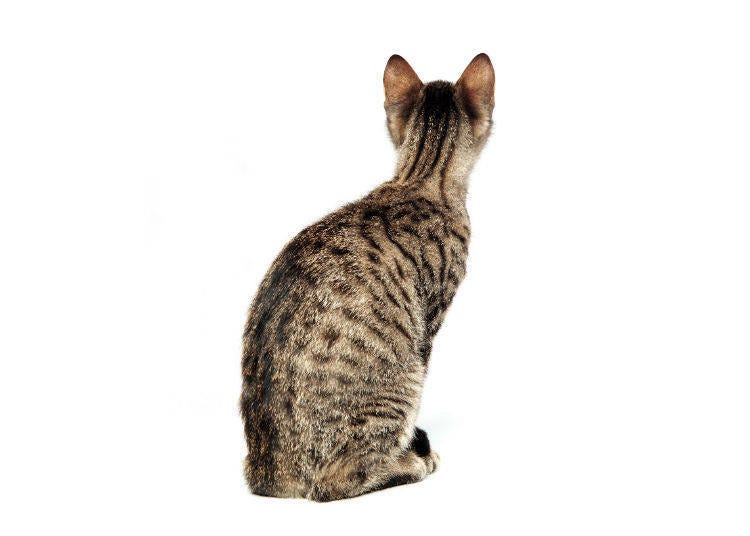
Meaning: To stoop, to have bad posture.
Origin: When a person has bad posture and stoops down, they look like a cat chillin’ out.
This one has become quite common in the 21st century, as more and more people slouch over to look at their computer or (especially) their smartphone. The way people hunch their backs resembles the way a cat’s back looks when a feline is relaxing. But whereas a kitty doing it is fine, a human doing the same can hurt their back. So be careful.
“Neko Baba (ねこばば)” - Cat’s Poop

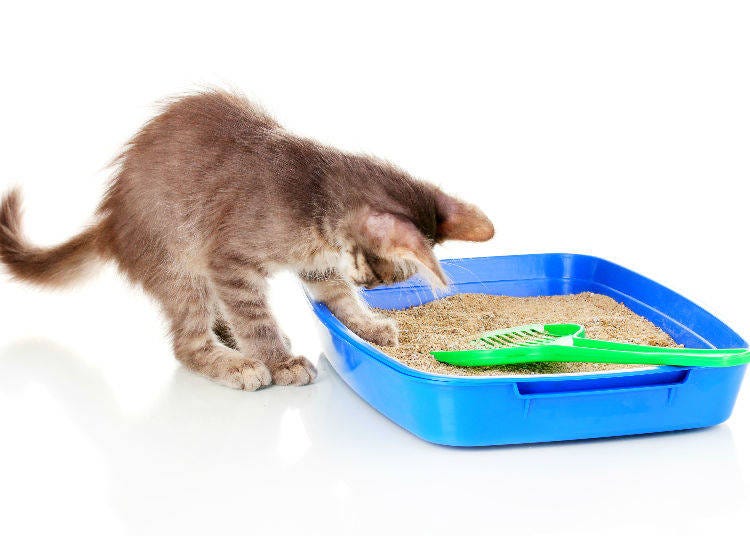
Meaning: To steal, to pocket
Origin: It comes from how cats poop and then discretely cover it up with sand or dirt, hoping nobody would notice it.
Now we start entering more complicated terrain. If you’ve ever owned a cat, you are aware that when they do their business in a litter box (or outside), they try to cover it up so nobody sees it. Unlike the careless dog, cats try to hide what they’ve just done and do so without attracting too much attention. That has become an idiom for stealing from other people without them noticing, such as a pickpocket would do. Though I imagine whatever someone lifted off a mark would be worth more than kitty droppings.
“Neko wo Kaburu (猫を被る)” - Put A Cat Over One’s Head
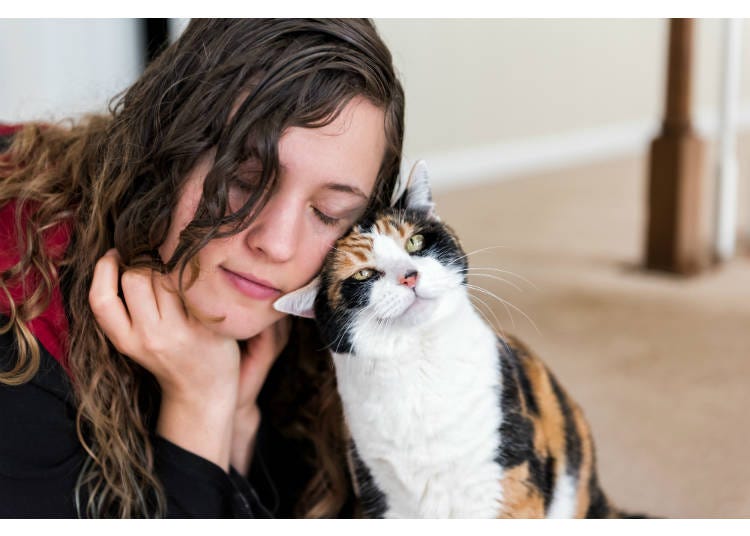
Meaning: Put on airs, hide one’s true personality.
Origin: Cats look cute and innocent, but they can be anything but!
This phrase isn’t quite as clear cut as the others, as it implies that someone is literally placing a cat on one’s noggin. But it has more to do with the idea that cats look cute, but can actually be really sneaky or sinister. Same goes for people, who can act cute and innocent, but are actually concealing who they really are under those airs. Here’s the phrase to describe what they are doing.
“Make Inu (負け犬)” - Loser Dog

Meaning: Loser, or a woman who is over the age of 30s who is not married and childless
Origin: A dog that isn’t like the rest in a pack, or one that has lost a fight
“Make inu” took on new meaning in the mid 2000s. Before then, it was just a general reference to someone being a loser, or like a dog unlike the others in the pack. Sad...and poor canines, cats get a variety of idioms but dogs get this...but pretty straightforward. But in the 21st century it became a buzzword referring to women in their 30s who were unmarried and childless — a new kind of “loser.”
“Dasoku (蛇足)” - Snake’s Feet
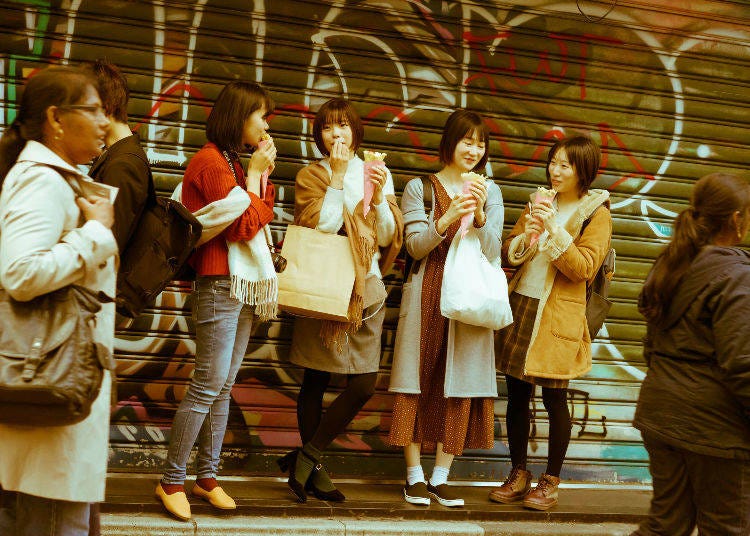
Meaning: Superfluity, surplus
Origin: Do you see a snake with feet?
A snake doesn’t need feet to move around. It slithers around on its belly. If you gave a snake feet, that would just be excessive (also, scary). So when people use this term, they are referring to something that is surplus, or something that really isn’t necessary.
“Unomi (鵜呑み)” - A Fish Takes The Bait

Meaning: Swallowing, taking it hook, line and sinker
Origin: From fishing
This one actually has a similar expression in English — it refers to taking the bait, or simply believing what someone tells you without question. Much like a fish biting into some food — without thinking of the hook it is attached to.
“Suzume no Namida (雀の涙)” - A Sparrow’s Tears

Meaning: Drop in the bucket
Origin: The idea that a sparrow is small...and so is its tears.
I haven’t ever seen a sparrow cry, but if one did, I imagine their tears would be near microscopic. Which explains what’s up with this phrase, which refers to a small amount of something or something that has such a tiny impact that it might as well have not happened. It’s similar to the English idea of “a drop in the bucket.”
“Urusai (五月蝿い)” - Bothersome as a Fly in May
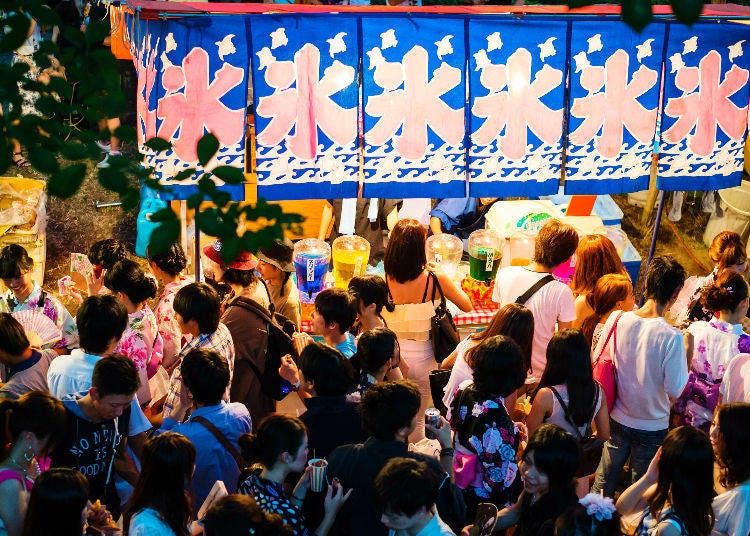
Meaning: Loud, Annoying
Origin: Flies in May are really loud and annoying
When someone is being particularly loud or bothersome, you’ll hear people use the word “urusai” to describe them. It is not the best term to be called! The origin of it relates to one of the most annoying insects around, the fly. And May is one of the worst months to deal with those bugs, as you start encountering a lot more after the colder months.
“Chou Chou Musubi (蝶々結び)” - A Butterfly Knot

Meaning: Bow knot, a type of way to tie something
Origin: It looks like a butterfly
Now here’s a straightforward metaphor. Where as some of these can be a bit more complicated — sparrow’s don’t actually cry! — this is a simple comparison between two things. This type of knot looks really similar to a butterfly. That’s it, nice and simple.
“Tombo Gaeri とんぼ帰り” - Return like a Dragonfly

Meaning: Rush back home, go for a quick trip
Origin: It comes from the fact that dragonflies can reverse course while flying quickly
Dragonflies are capable of flying backwards — or simply turning around — really quickly. So it is only natural to describe someone having to head back home quickly as like that inset pivoting around. It also is used typically for quick trips, say a day trip to another city where you come home at the end of the day.
“Yajiuma (野次馬) – A Jeering Horse

Meaning: Onlooker, rubbernecker
Origin: It comes from the ways horses look at things.
Sometimes a horse slows down and just stares at something. Which explains this phrase, which is used when someone is rubbernecking, or when someone just stares at something (and sometimes gets really into whatever they are looking at).
“Umaga Au (馬が合う) - Meeting a Horse

Meaning: Get along
Origin: Comes from horse riding, specifically the relationship between a rider and a horse.
A horse and the person mounting it need to have a good relation. And ideally, the two parties will get along. Hence this expression, which refers to people who can get along just fine.
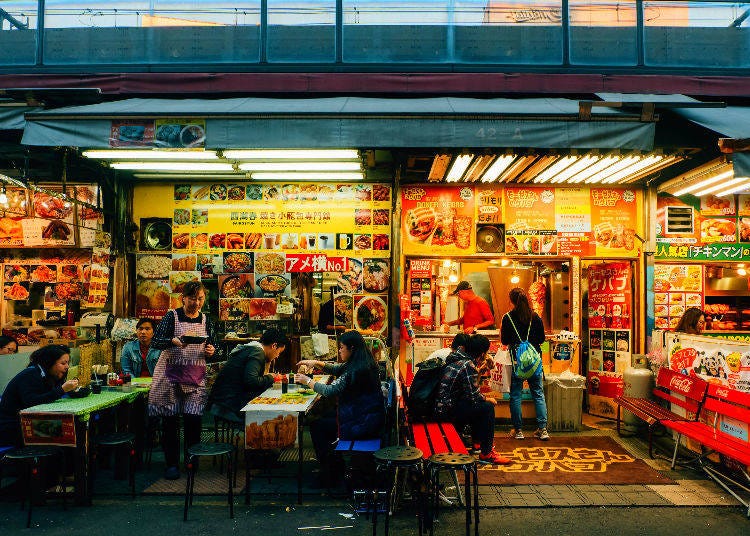
There are plenty of other Japanese phrases incorporating animals into them, but this is a good start to understanding animal-centric expressions in this language. Maybe your favorite animal has a phrase somewhere out there, too.
Written by Patrick St. Michel
- Category
*Prices and options mentioned are subject to change.
*Unless stated otherwise, all prices include tax.
Popular Tours & Activitiess
Recommended places for you
-
Appealing

Rukku and Uohei
Izakaya
Sapporo / Chitose
-

Jukuseiniku-to Namamottsuarera Nikubaru Italian Nikutaria Sannomiya
Izakaya
Kobe, Sannomiya, Kitano
-
Goods

Yoshida Gennojo-Roho Kyoto Buddhist Altars
Gift Shops
Nijo Castle, Kyoto Imperial Palace
-

Kanzenkoshitsuyakinikutabehodai Gyugyu Paradise Sannomiya
Yakiniku
Kobe, Sannomiya, Kitano
-

ISHIDAYA Hanare
Yakiniku
Kobe, Sannomiya, Kitano
-

Kambei Sannomiyahonten
Yakiniku
Kobe, Sannomiya, Kitano
-
Ad

The Whisper of a 1,300-Year-Old History: Meet the Other Face of Nara at Night
by: Shingo Teraoka
-

Farewell, Heavy Suitcases! Keisei Ueno’s New Service Makes Your Last Day in Tokyo Totally Hands-Free
by: Guest Contributor
-
Ad

The Latest Guide to "Tourism Mobility": Traveling Japan More Freely. What exactly are Japan’s version of ride-sharing and transit deserts?
-

Planning Your First Ski Trip to Japan? Here's Everything You Need to Know
by: Marco Blasco
-

To the Holy Land of Kawaii! Odakyu Tama Center Station Is Becoming a Dreamy Sanrio Wonderland
by: Guest Contributor
-
Ad

Japan’s Land of Yokai Monsters and Spooky Stories! A Deep Journey to Mysterious San’in (Tottori & Shimane) for Seasoned Travelers
-

Inside Kobe Tower: Fun Things to Do at the Symbol of Kobe
-

So why do you get naked? 6 Japanese customs that shocked foreigners
-

Sightseeing Highlights: Experience the Appeal of Kyoto Geisha Culture
-

4 Reasons Why Italian Men and Women Were Shocked When They Came to Japan
-

“With Strangers...?!" Why Foreigners Are Shocked by Japan’s Onsen Culture
-

So You Think Your Commute Is Tough? Check Out Japan's Top 10 Most Crowded Commuter Trains!
- #best sushi japan
- #what to do in odaiba
- #what to bring to japan
- #new years in tokyo
- #best ramen japan
- #what to buy in ameyoko
- #japanese nail trends
- #things to do japan
- #onsen tattoo friendly tokyo
- #daiso
- #best coffee japan
- #best japanese soft drinks
- #best yakiniku japan
- #japanese fashion culture
- #japanese convenience store snacks












